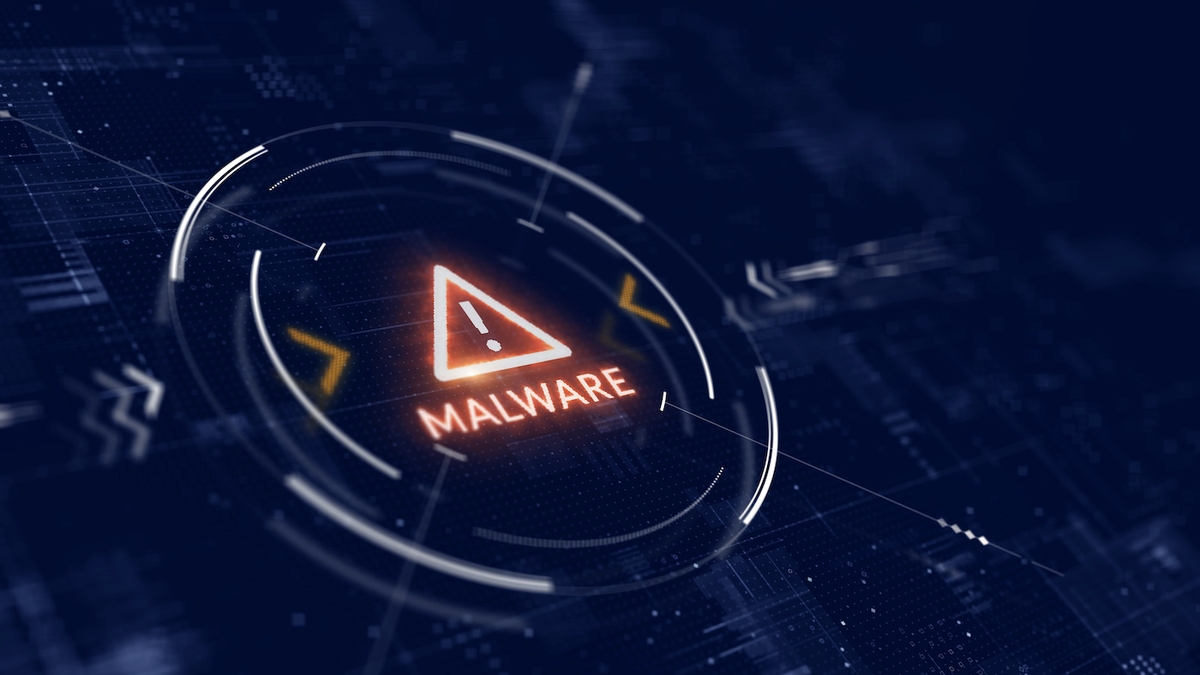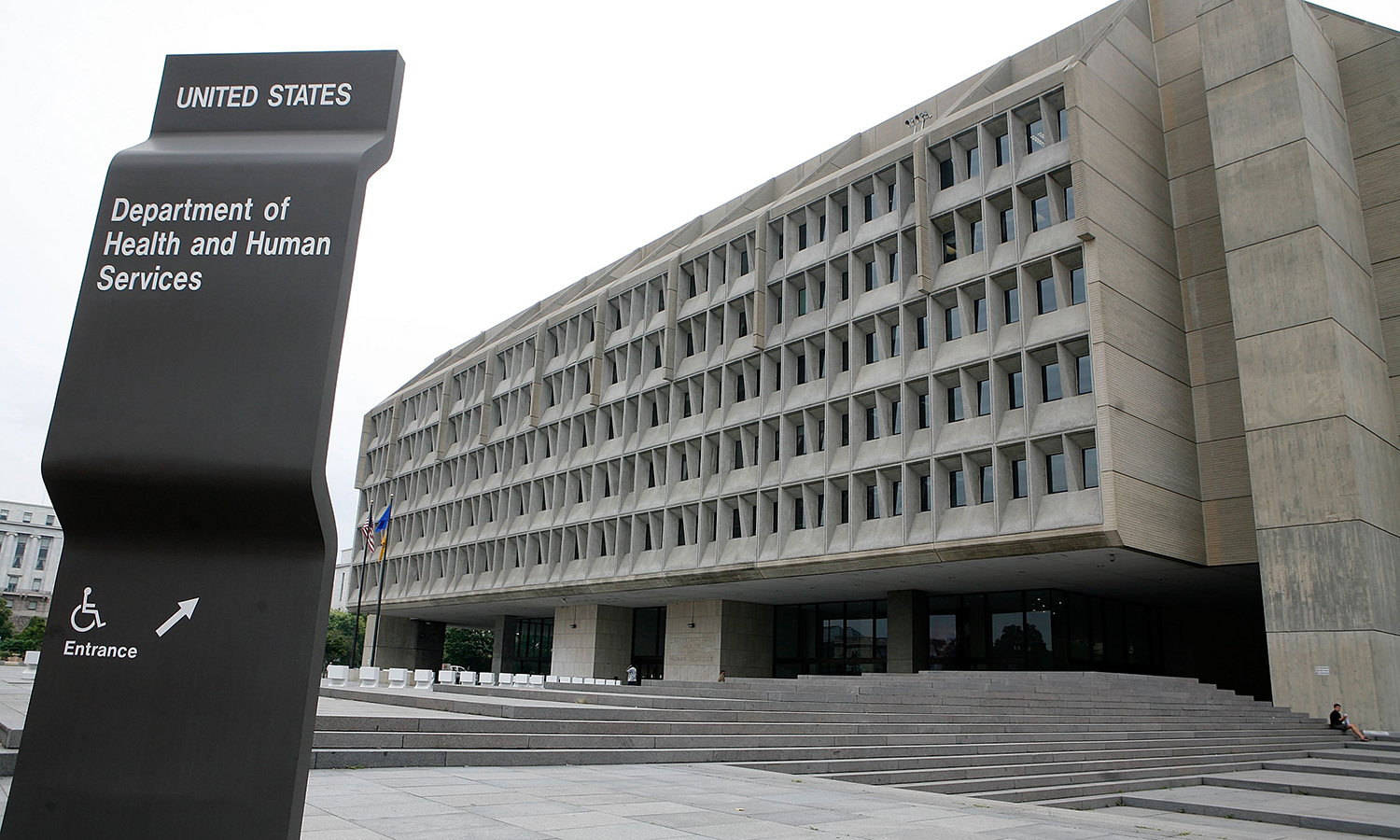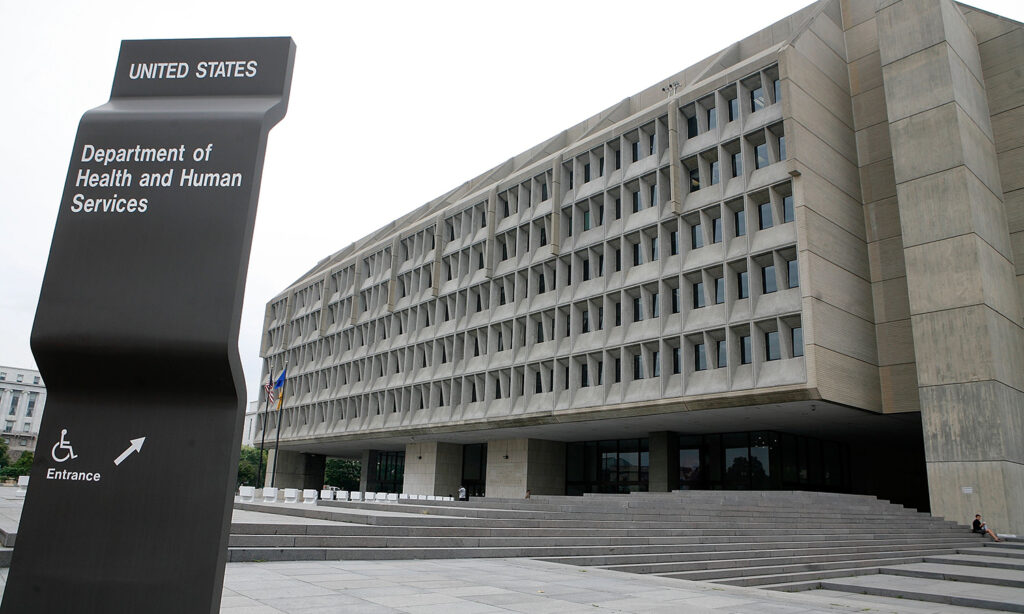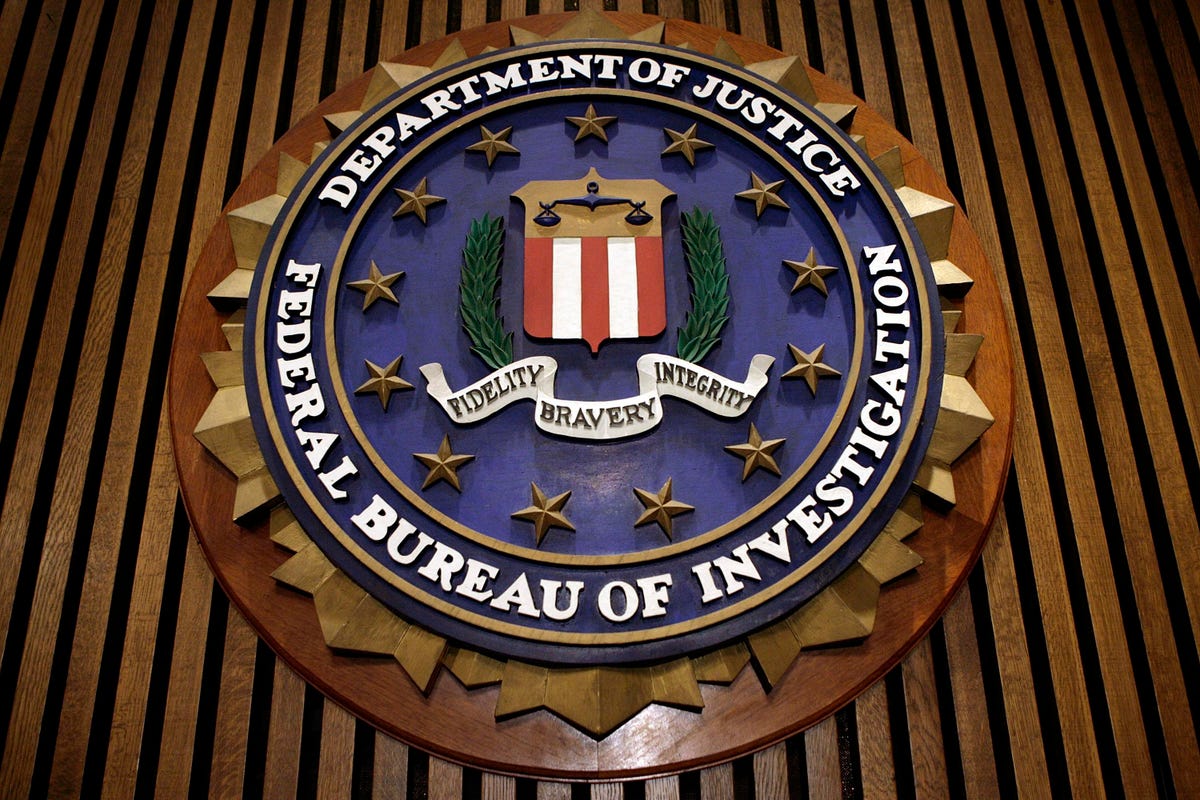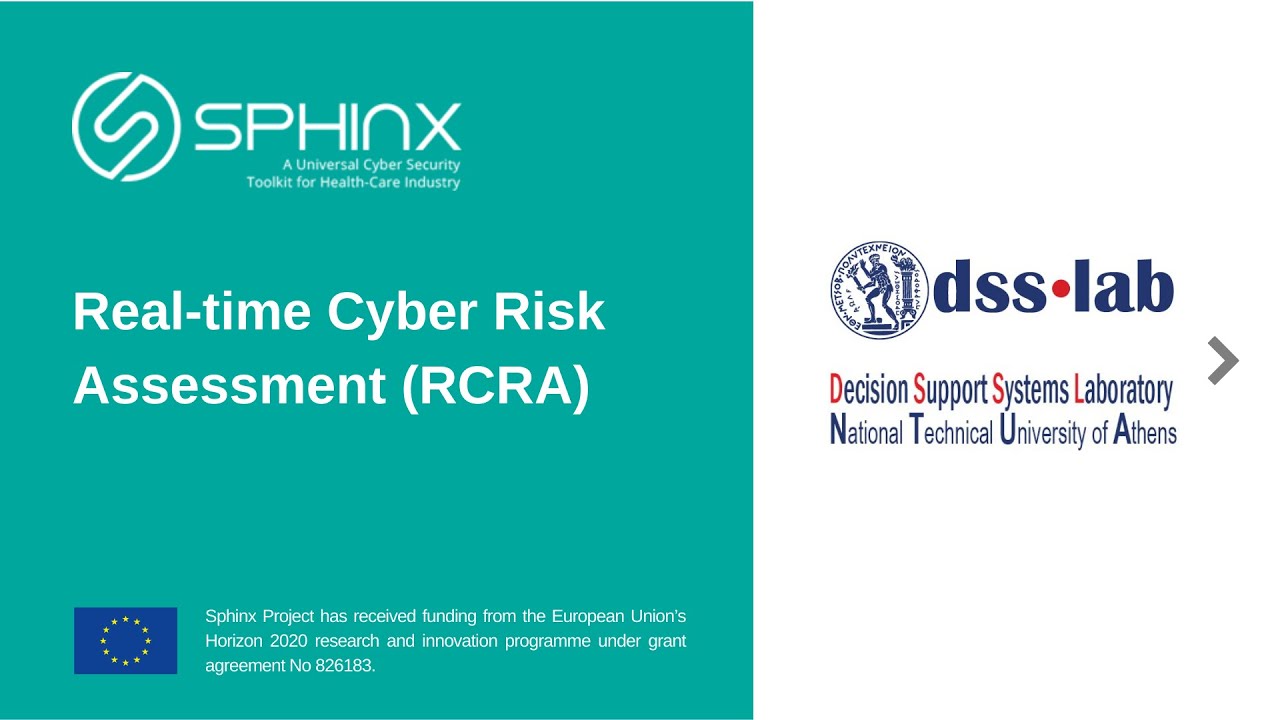North Korean cyberespionage actor Lazarus targets energy providers with new malware

Lazarus, also known as Hidden Cobra or Zinc, is a known nation-state cyberespionage threat actor originating from North Korea, according to the U.S. government. The threat actor has been active since 2009 and has often switched targets through time, probably according to nation-state interests.
Between 2020 and 2021, Lazarus compromised defense companies in more than a dozen countries including the U.S. It also targeted selected entities to assist strategic sectors such as aerospace and military equipment.
The threat actor is now aiming at energy providers, according to a new report from Cisco Talos.
SEE: Mobile device security policy (TechRepublic Premium)
Attack modus operandi
Lazarus often uses very similar techniques from one attack to the other, as exposed by Talos (Figure A).
Figure A

In the campaign reported by Talos, the initial vector of infection is the exploitation of the Log4j vulnerability on internet-facing VMware Horizon servers.
Once the targeted system is compromised, Lazarus downloads its toolkit from a web server it controls.
Talos has witnessed three variants of the attack. Each variant consists of another malware deployment. Lazarus could use only VSingle, VSingle and MagicRAT, or a new malware dubbed YamaBot.
Variations in the attack also imply using other tools such as mimikatz for credential harvesting, proxy tools to set up SOCKs proxies, or reverse tunneling tools such as Plink.
Lazarus also checks for installed antivirus on endpoints and disables Windows Defender antivirus.
The attackers also copy parts of Windows Registry Hives, for offline analysis and possible exploitation of credentials and policy information, and gather information from the Active Directory before creating their own high-privileged users. These users would be removed once the attack is fully in place, in addition to removing temporary tools and cleaning Windows Event logs.
At this point, the attackers then take their time to explore the systems, listing multiple folders and putting those of particular interest, mostly proprietary intellectual property, into a RAR archive file for…
